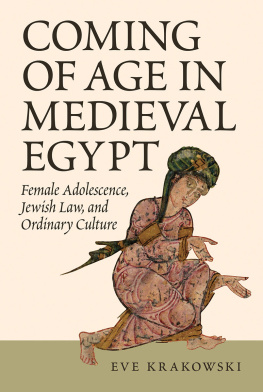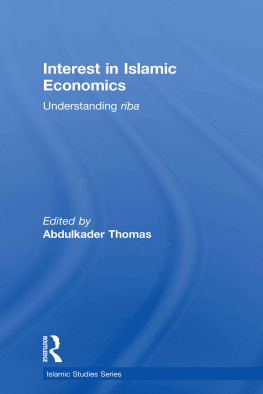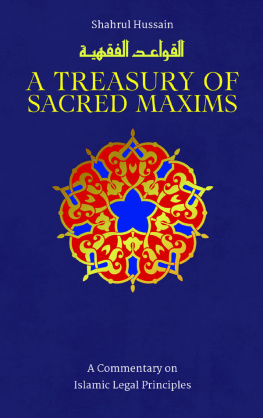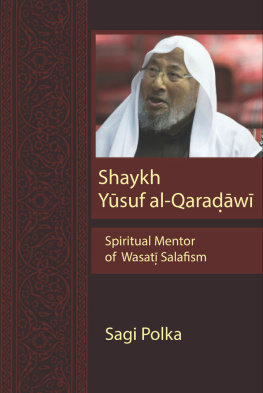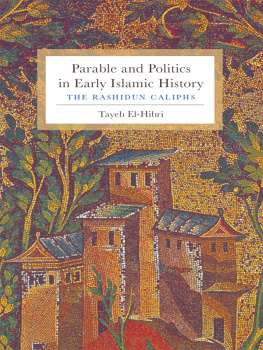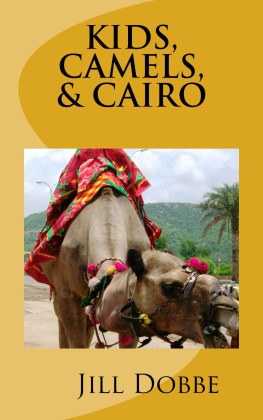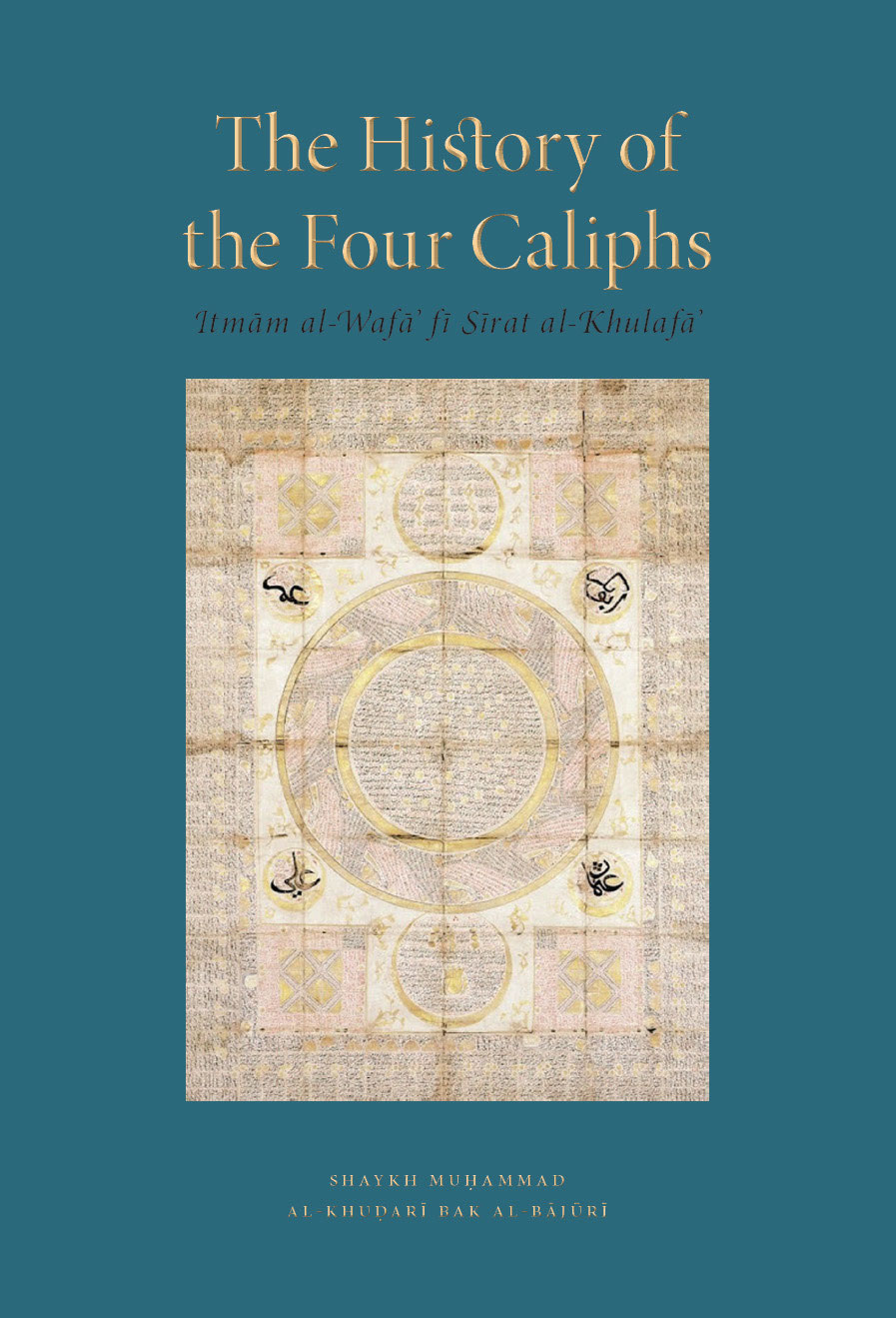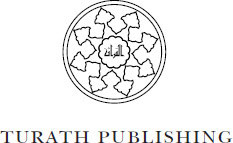The History of the Four Caliphs
Itmm al-Waf f Srat al-Khulaf
SHAYKH MUAMMAD
AL-KHUAR BAK AL-BJR
With full-colour maps
Copyright: Turath Publishing 1433/2012
ISBN: 978-1-906949-18-1
eISBN: 978-1-906949-76-1
| Published by: |
| Turath Publishing |
| 79 Mitcham Road | +44 (20) 8767 3666 |
| London SW17 9PD | www.turath.co.uk |
All rights reserved. No part of this publication may be reproduced, stored in any retrieval system, or transmitted in any form or by any means, electronic or otherwise, without written permission of the publishers.
| Author | Shaykh Muammad al-Khur Bak al-Bjr |
| Translation | Maulana Mohammad Mohammadi |
| Editors | Shaykh Ayoub Jeena, Aadil Wainwright, Muhammad Ansa, Mufti Husain Kadodia |
| General editor | Yahya Batha |
| Maps | Nauman Vania |
British Library Cataloguing in Publication Data
al-Khur Bak al-Bjr, Muammad
The History of the Four Caliphs (Itmm al-Waf f Srat al-Khulaf)
I. Title
| Cover design | ARM (info@whitethreadpress.com) |
| Design and typesetting | ARM (info@whitethreadpress.com) |
| Printed by | Megaprinters, Istanbul, Turkey (ahmet@mega.com.tr) |
| Distributors for UK and Europe |
| Azhar Academy Ltd. |
| 5456 Little Ilford Lane | +44 (20) 8891 19797 |
| Manor Park | sales@azharacademy.com |
| London E12 5QA | www.azharacademy.com |
Distributors for America and Canada
White Thread Press
www.whitethreadpress.com
Distributors for South Africa
Darul-Ihsan Research and Education Centre
| www.darulihsan.com | +27 (31) 577 7868 |
| motala.m@darulihsan.com | +27 (31) 577 6012 (fax) |
Contents
Foreword
IN THE NAME of Allah. All praise is to Allah, Lord of the Worlds. May countless peace and blessings be showered upon our Master Muhammad, a Mercy for the worlds; the one who inspired his Companions and us to reach the pinnacles of excellence.
During the years I spent in Syria, I came across this work of the late Shaykh Muammad Khudar Bak al-Bjr of Cairo (may Allah have mercy on him). I found it to be concise, yet comprehensive enough to provide a sufficient overview of the lives of the four rightly-guided caliphs . There were two features that made it stand out for me. One was that it provided a clear and straightforward narrative of the first four caliphs, as well as that of the fifth, asan ibn Al . Written for the layman, it avoided long excursions into the variant narrations, technical intricacies and obscure historical detail found on many issues. Such excursions often become the source of disinterest for the non-academic reader.
The second notable point was the balanced and refreshing way in which the author dealt with contentious issues related to the four caliphs. This included issues exploited by sectarians to divide the Ummah, such as Al ibn Ab libs delay in giving the pledge (baya) to the first caliph Ab Bakr al-iddq , the validity of the insurgency against the third caliph Uthmn , the battles of the Camel and iffn, and the disputes between the fourth caliph Al and Muwiya . His analysis of these events leaves the reader with a clear and pure conscience regarding the great Companions of the Prophet of Allah , a religious demand on us, and an increase in love and respect for their achievements in the face of tremendous difficulty (may Allah be pleased with them all).
These factors, coupled with a shortage of high-quality analytical work on the four caliphs in English, compelled me to translate and publish this work. Unfortunately, I was unable to personally work on it through White Thread Press and suggested that it be undertaken by Turath Publishing. Our dear friend Yahya Batha of Turath is to be commended for taking up the request and seeing the work through to its final stages. The result of this endeavor is before you today. The translation strives to preserve the authors straightforward style, fast-paced account of the battles, and internal struggles of the four caliphs. The text has been enhanced with informative maps, not found in the original text, to illustrate the advances made by the various caliphs. A small section from the original Arabic, where the author included lengthy discussions on the underlying principles of Islam, has been omitted, retaining only the historical accounts for this publication.
We would like to thank and acknowledge the contributions of the following in this project: Maulana Mohammad Mohammadi for the original translation; Mufti Husain Kadodia and Muft Ayyub Jeena for their revision; Aadil Wainwright for his thorough editing; Nauman Vania for the cartography of the maps; and Muhammad Ansa and Maulana Shoaib Shah for their assistance.
We pray that Allah accepts this work from the author and all of us as a sincere exercise of dawa to the beautiful way of Islam and the glorious lives of these inspiring luminaries (may Allah be pleased with them all).
ABDUR-RAHMAN IBN YUSUF MANGERA
London UK
Friday 9th Rab al-Akhar 1433
2nd March 2012
About the Author
HE IS MUAMMAD ibn Aff al-Bjr, popularly known as Shaykh al-Khuar. He was a scholar of Sharah, literature and Islamic history. He was born in Egypt in 1289 AH /1872 ce and lived in Zaytn, a suburb of Cairo. He graduated from Madrasah Dr al-Ulm and surpassed his contemporaries as a scholar, researcher, orator, educator and reformer. During the course of his life he was an Islamic judge in Khartoum, an educator in the Islamic Judicial School in Cairo for a period of twelve years, a Professor in Islamic history at the University of Egypt (now named The University of Cairo) the Deputy-Head of the Islamic judicial school and an inspector for the Ministry of Education.
He contributed to the literature of Islm with a collection of valuable books on history, literature and Sharah. He aimed to gather beneficial information in his compositions and relied on the authentic primary sources in each field.
He was keen to introduce the new generations to the Islamic tradition and to present it to them it is purest form, without interpolation, complexity, innovation and triviality. His writing style is distinguished by its purity, eloquence, and level-headedness is embellished with beautiful, tactful yet powerful admonition whenever he found the opportunity.
His power of oration and genuine feeling for the religion were displayed in his responses to important events related to the circumstances of Muslims at the time. He was as his friend, Professor Mutaf diq ar-Rfi, described him: A reformer and a caring educator.


